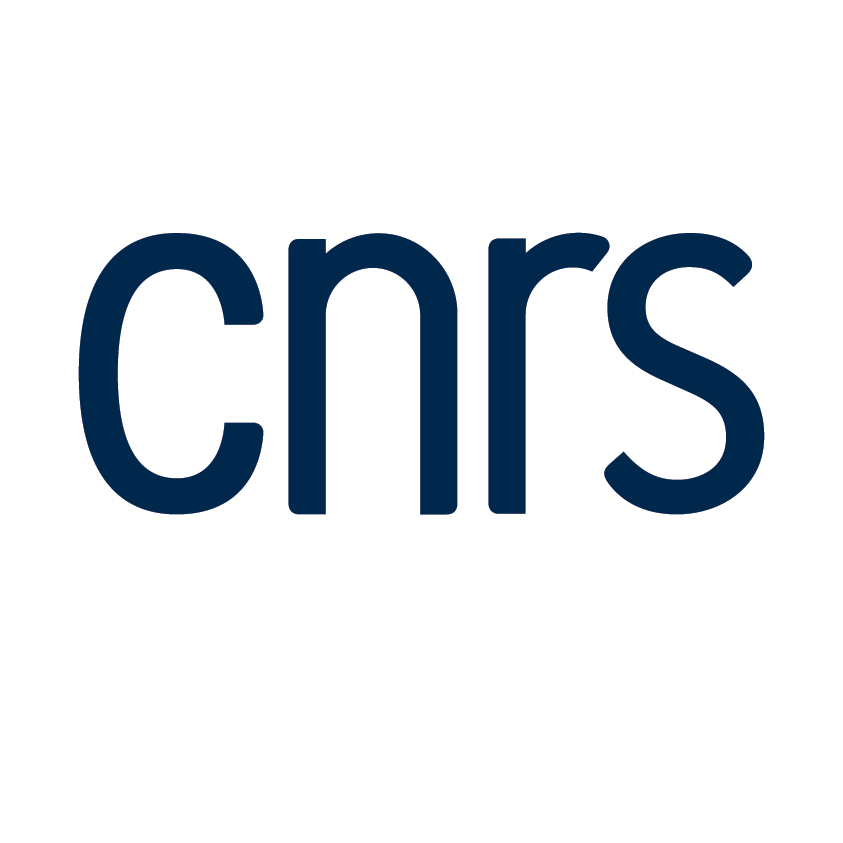Retour
Séminaire d'Analyse
The Dirichlet problem without the maximum principle
Tom ter Elst (Oakland)
Salle de Conférences
16 mars 2023 à 14:00
"The maximum principle plays an important role for the
solution of the Dirichlet problem.
Now consider the Dirichlet problem with respect to an elliptic operator
on a sufficiently regular open set ,
where and
.
Suppose that the associated operator on with
Dirichlet boundary conditions is invertible.
Note that in general this operator does not satisfy the maximum principle.
Nevertheless, we show that for all there exists a
unique such that
and .
In the case when has a Lipschitz boundary and
, then we
show that coincides with the variational solution in .
This is joint work with Wolfgang Arendt."




